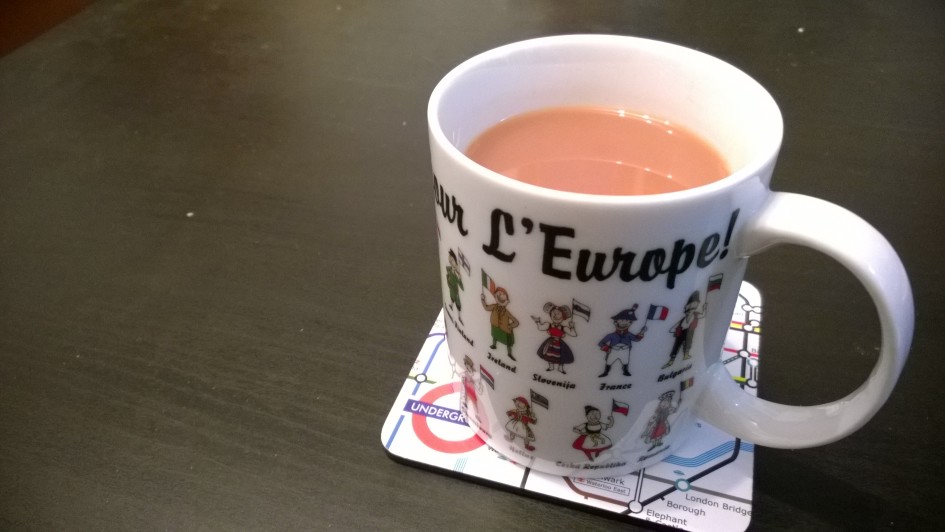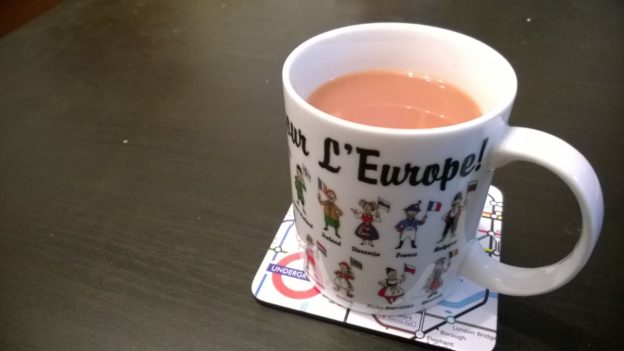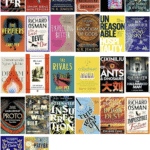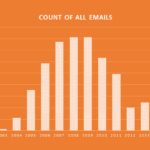I’m a terrible European. Unlike my parents, I only speak English, and have never lived in any European country outside of the UK. The world around me is overwhelmingly British and American: friends, TV programmes, films, books, social networks, news, politics, all of it. Years ago, when I visited Robert in California, he said that living in the US had made him discover his hidden ‘European’ identity: the things we have in common as opposed to the Americans. I really wish I could say the same for me, but it’s just not true.
I can think of lots of nice things to say about ‘Europe’ – the place, its people – but they are vague generalisations, and I lack any confidence that they apply in Hamburg as in Bucharest as in Rhodes or wherever. Yes, all national myths are fantasies: but my British fantasies are instinctive. I ‘know’ that Britain is a country like this, with a people like that, even if these assertions break down under serious scrutiny. It doesn’t matter. It’s about the identity, and the sense of belonging, not the facts.
I’m thinking about this, obviously, because the date of the UK’s referendum on its membership of the European Union has been announced. As it happens, I should be in London on 23 June, so I will be able to vote in person. And while I do plan to think about it, and listen to the arguments, it’s very hard to imagine I won’t vote to stay. But I am surprised at how sad I feel about it – how obvious the hole is where my heartfelt sense of European identity should be.
And I don’t think this is just a British problem. Yes, of course it is true that Britain – the island nation – is uniquely detached from its neighbours. Of course those European countries who speak each other’s languages, and share borders, and still remember how easily armies marched across them, are driven to shared institutions with greater inevitability and less fuss. But I have yet to meet a French person who didn’t feel French, or a German who didn’t feel German. Maybe I am imposing my categories onto them, but Europe’s failure to respond to the great moral test of our time – the migration crisis – in anything like a coordinated fashion suggests that at the end of the day, the nation state still rules everything.
The campaign to remain in the EU likes to describe leaving as a jump in the dark for the UK. It would be, and I think it is motivated largely (though not entirely) by bad instincts and silly conceits. But in truth, a vote to stay is also a leap in the dark. Because we can’t go on like this. For the European Union to avoid paralysis whenever anything difficult comes up, there has to be some meaningful sense of European identity, some patriotic glue which holds people together in something more than a trade pact. I don’t think this means a United States of Europe, or that national identities are about to disappear, and any bureaucratic attempt to engineer a common culture will surely fail. Honestly, I find it hard to even imagine what the EU should look like. But I hope that a vote to remain gives us longer to figure it out.
Katie Sharing, Glynis Greenman, Jane Biddlecombe, Sophie Rodger, Stephanie Francesca Pereira liked this post.









